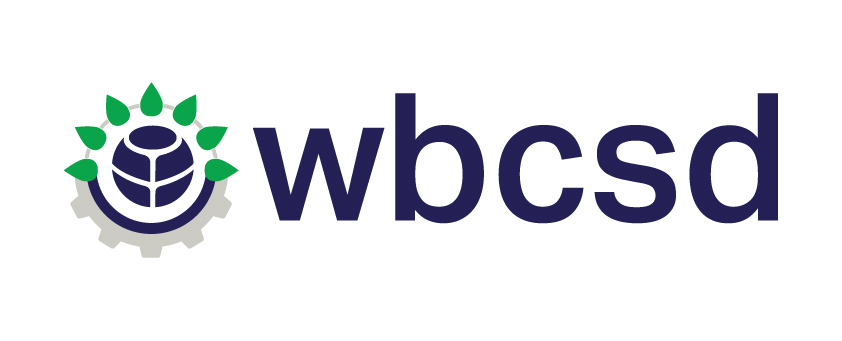WBCSD Releases Practitioner Guide to the Circular Economy

WASHINGTON D.C., June 26, 2017 /3BL Media/ -- Today at the 2017 US Circular Economy Summit, the World Business Council for Sustainable Development (WBCSD) officially launched its Practitioner Guide to the Circular Economy after a three-week beta testing period.
Following the launch of WBCSD’s CEO Guide to the Circular Economy at the World Circular Economy Forum in Helsinki, the Practitioner Guide was created specifically for sustainability professionals in design, procurement, marketing, waste management and financing.
The Practitioner Guide offers insight into over 70 strategies, 40 examples, 90 resources and numerous tools that companies can use to implement the circular economy. It’s a living catalogue that will be continuously updated to include the newest examples, strategies and tools in the circular economy space.
Users can explore the Guide to learn what circularity is, how it impacts business and what companies can do to move away from the linear “take, make, dispose” model.
“The optimism and momentum behind the circular economy is energizing,” said Maria Mendiluce, Managing Director of WBCSD’s Natural Capital Area. “Our goal is to help businesses implement circular solutions at all levels, and the Practitioner Guide is a necessary first step putting together a list of actions and processes companies can use to transition towards circularity.”
The Guide is an open, freely available tool. Companies with compelling case studies and/or effective tools are encouraged to submit their content to the Guide. The idea is to make circular economy information easy-to-understand and widely accessible for businesses of all shapes and sizes.
“Through this Guide, we hope to make the circular economy accessible and actionable for everyone,” said Brendan Edgerton, Manager for WBCSD’s Circular Economy work and key architect of the Practitioner Guide.
WBCSD is encouraging sustainability professionals from around the globe to visit the Practitioner Guide and bookmark for further use.
The Circular Economy team will be conducting a series of workshops and webinars on the Guide in the upcoming months – stay tuned for updates.
For more information, please contact:
Felicity Glennie-Holmes
WBCSD Communications
glennie-holmes@wbcsd.org
+41 22 839 3110
The Practitioner Guide to the Circular Economy has received funding from the European Institute of Innovation and Technology (EIT). This body of the European Union receives support from the European Union’s Horizon 2020 research and innovation program.
About the World Business Council for Sustainable Development (WBCSD)
WBCSD is a global, CEO-led organization of over 200 leading businesses working together to accelerate the transition to a sustainable world. We help make our member companies more successful and sustainable by focusing on the maximum positive impact for shareholders, the environment and societies.
Our member companies come from all business sectors and all major economies, representing a combined revenue of more than $8.5 trillion and 19 million employees. Our global network of almost 70 national business councils gives our members unparalleled reach across the globe. WBCSD is uniquely positioned to work with member companies along and across value chains to deliver impactful business solutions to the most challenging sustainability issues.
Together, we are the leading voice of business for sustainability: united by our vision of a world where more than 9 billion people are all living well and within the boundaries of our planet, by 2050. http://www.wbcsd.org
Follow us on Twitter and LinkedIn
About Climate-KIC
Climate- KIC is the largest public-private partnership in Europe focused on climate change and on the promotion of zero-carbon economy. Climate-KIC is supported by the European Institute of Innovation and Technology (EIT), an EU body.
Climate-KIC is formed by companies, academic institutions and public bodies, and it is focused on innovative strategies for climate change mitigation and adaptation.
Training is a key factor to inspire and educate the next generation of climate leaders; this is why Climate-KIC offers training programmes for students, to create companies and to promote innovation all over Europe through its centres in the main European cities, where the Climate-KIC community boasts the best experts and the best organizations.
The Climate-KIC approach starts with the improvement of the way of life in cities, in addition to the aim of making industry produce environmentally friendly products, while optimizing the use of land to produce the necessary food.

